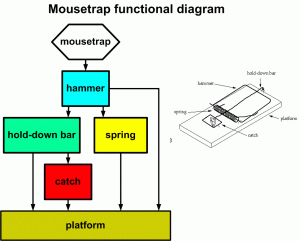The Nature of Nature — sticky
THE NATURE OF NATURE is now finally out and widely available. If you haven’t bought it yet, let me suggest Amazon.com, which is selling it for $17.94, which is an incredible deal for a 7″x10″ 1000-page book with, for most of us, no tax and no shipping charge (it costs over $10 to ship this monster priority mail). This is a must-have book if you are interested at all in the ID debate. To get it from Amazon.com, click here. Below is the table of contents and some introductory matter.
(Other news coverage continues below)
———————————————
Seven years in the making, at 500,000 words, with three Nobel laureate contributors, this is the most thorough examination of naturalism to date.
<<<<<>>>>>
 The Nature of Nature: Examining the Role of Naturalism in Science
The Nature of Nature: Examining the Role of Naturalism in Science
Edited by Bruce L. Gordon
and William A. Dembski
ISI Books
Intercollegiate Studies Institute
Wilmington, DE 19807
Back Cover:

 In a comment attached to a previous post of mine (
In a comment attached to a previous post of mine (